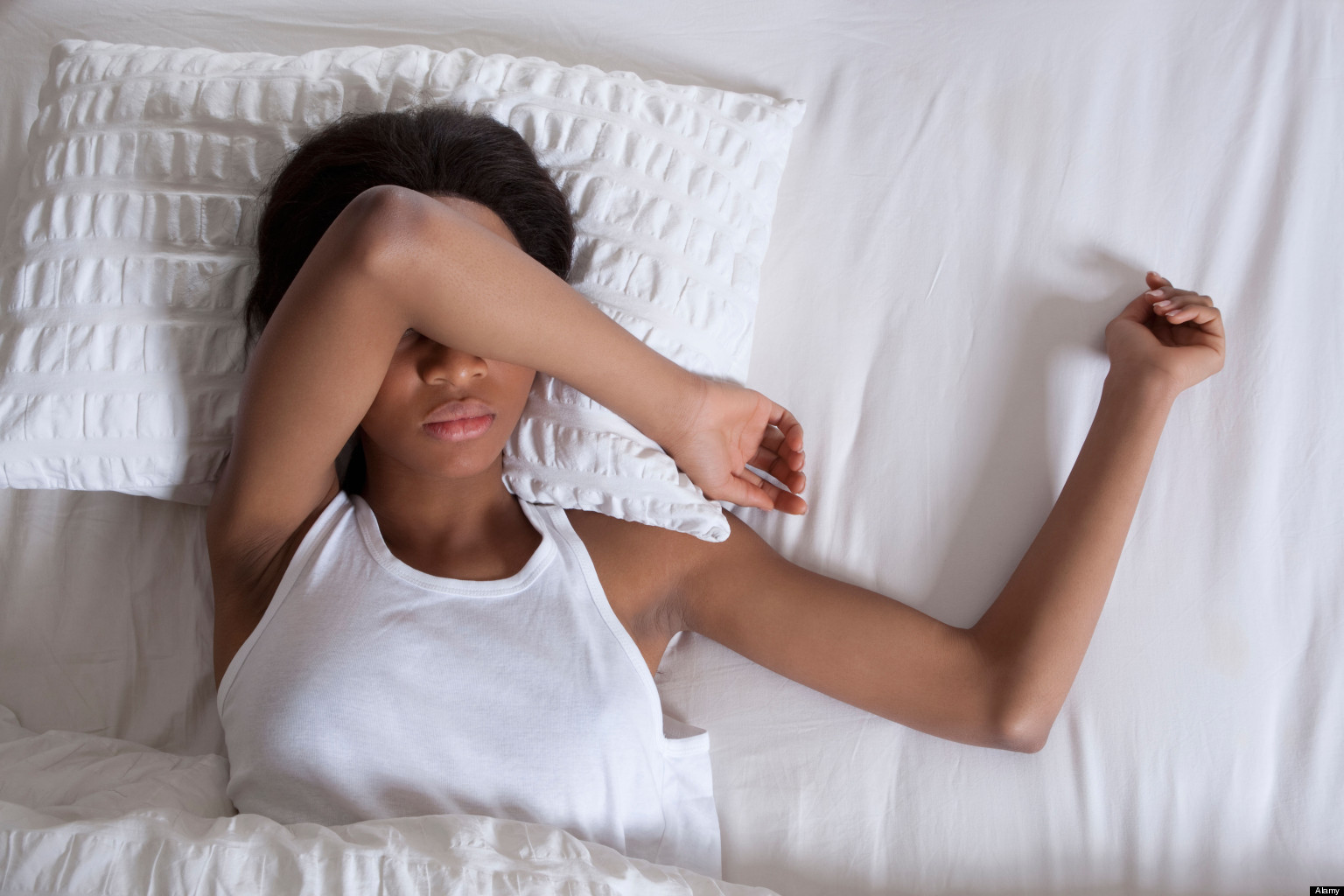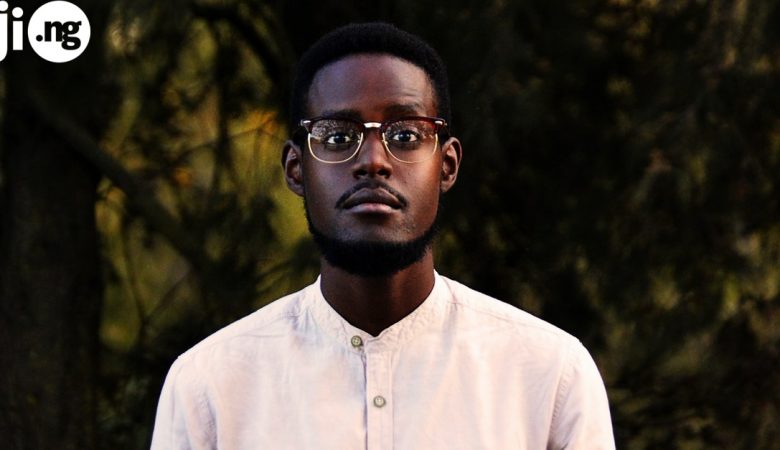Eight hours for work, eight hours for sleep, eight hours for recreation – this was the motto of the 40-hour-week movement. But is this “eight-hour sleep” part true or just another common belief? There are many misbeliefs surrounding this essential phase of daily routine. Here are the most common.
#1. The more you sleep, the better you feel
Unfortunately, too much sleep is a problem. The scientists confirmed that the number of hours for sleep changes with age. Meanwhile, there is one thing in common: nine hours of sleep and more affect sleep quality. So don’t aim to sleep more, aim to do it better.
If you keep setting an alarm clock for 15 minutes later, it doesn’t help you wake up. On the contrary, it will break into the deep sleep phase. Moreover, if you postpone this for three times or more, it plays a mean joke with your brain.
#2. Alcohol and marijuana / physical activity / my favorite TV show help to fall asleep faster
Okay, alcohol really helps to fall asleep. However, it also makes you wake up in the middle of the night. Marijuana drives into drowsiness and leads to really weird dreams. Physical activity speeds up blood circulation causing muscle tension instead of relaxation.
Finally, using your laptop (for scrolling through the Facebook feed, reading, or watching TV shows) lead to bedtime procrastination – a moment when you postpone the sleep without any clear reason. All displays shed blue light, which blocks the production of melatonin, which makes us feel sleepy.
#3. Insomnia is when you cannot sleep
Insomnia is a complicated disorder, and problems with sleep are only one of the three symptoms. The other three are 1) when you wake up early and can’t fall asleep; 2) when you wake up often; 3) when you wake up and don’t feel rested.
#4. Everyone needs to sleep eight hours every night
Firstly, every person has a personal need for sleep. Secondly, sleep quality is more important than the number of hours. Thirdly, this number differs depending on a person’s age. As a rule, people, who sleep for 8-9,5 hours regularly, feel happier.
#5. You feel sleepy during a day because you haven’t slept enough time at night
It is true only in case it happens once. If you feel tired and exhausted all the time, the lack of sleep is not a true problem. The real reason may lie in a wrong diet or health issues, allergies or medicine, etc.

#6. A nap will help you to refresh
A nap is great, but it doesn’t always charge your body with energy. Usually, 20 minutes of sleep helps to feel more energetic and attentive. If you sleep more than that, it will be more difficult to wake up and get back to the daily routine.
#7. All people can be divided into early birds and late sleepers, and the primer are more productive
The majority will self-define themselves as early birds or late sleepers, but actually, the things are more complicated. The energy level depends on your daily routine, not sleep preferences. The modern society is oriented on early birds, though doctors advise to start working and studying later than 8 a.m.
#8. You can compensate for the lack of sleep on the weekend
The majority treats the lack of sleep as a debt. However, if you plan to pay back on the weekend, you risk to still feel more sleepy during the next week. Human organism needs a certain time for recovery, and this is a cyclic process with equal sleep periods.
#9. Sleep is when your brain rests
Numerous investigations have proved that the brain becomes even more active and productive during the daytime. Thus, you need sleep to relax your body and nervous system. Meanwhile, the brain doesn’t pause: it controls your breathing and heartbeat. It gets a relief because it doesn’t need to control body movements.
#10. Only some people see dreams
Some people say they never see dreams. However, most often people just don’t remember what they’ve been dreaming about. Scientists have proved that everyone sees certain images during sleep with rapid eye movements. Some people just remember it better, while others cannot recollect anything.










